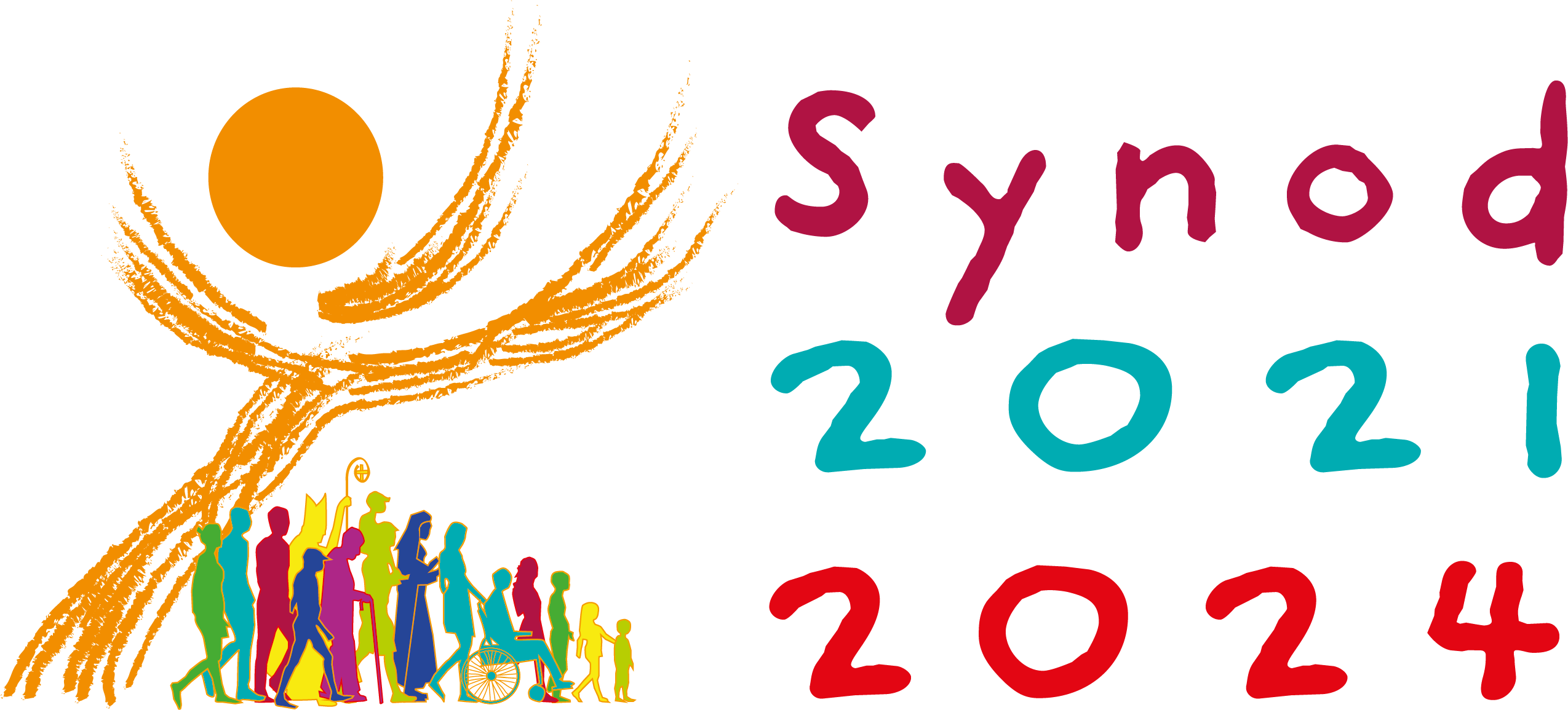
Archbishop Augustine Akubeze, President of the Catholic Bishops Conference of Nigeria (CBCN), reflects on the synodal process among the faithful in Nigeria, as the Church continues on her two-year synodal path which culminates with the Synod of Bishops in October 2023.
By Fr. Benedict Mayaki, SJ
On 10 October, Pope Francis opened the two-year process of the Synod on synodality, and a week later, dioceses around the world inaugurated the process at their level. More recently, the General Secretariat of the Synod of Bishops extended this deadline for the first phase of the synodal process from April to August 2022.
For many dioceses across the world, as well in Nigeria – Africa’s most populous country – the kick-off of the diocesan phase and the subsequent deadline extension provide a greater opportunity for the People of God to have an authentic experience of listening and dialogue.
In an interview with Vatican News, the chairman of the Catholic Bishops Conference of Nigeria (CBCN), Archbishop Augustine Obiora Akubeze of Benin, reflects on the Nigerian Church’s participation in the synodal process, particularly in this first phase, and the efforts made to engage the faithful.
Listen to our interview with Archbishop Augustine Akubeze
A synod of listening
“The Holy Father has brought a new dimension to the preparation of this synod,” the Archbishop said. The Pope wants this synod to be “a journey in listening to the people of God and not a synod of telling the people what they should do or not do.”
In this regard, the CBCN president highlights the place of the People of God, pointing out that they are the reason for which bishops, priests, and deacons are ordained and appointed. Therefore, their voices are important in setting the agenda for the Synod of Bishops.
He notes that the Church in Nigeria has embraced this insight into synodality, and says that dioceses, during this first phase, will discuss how the Church can respond to contemporary challenges. To this end, the Catholic Secretariat of Nigeria is charged with maintaining synergy in all the activities taking place in the dioceses.
The role of the laity, especially women
Archbishop Akubeze goes on to stress the importance of the participation of the lay faithful in the synodal process, especially through lay apostolate groups.
In particular, he welcomes contributions from women, some of whom are at the head of various lay apostolate groups in the Church. In fact, he recalls that the immediate past president of the laity council in the Archdiocese of Benin was a woman.
The archbishop further pointed at the active role of two women groups: the Catholic Women Organization (CWO) and the Christian Mothers Confraternity in the Church, and how their voices are taken seriously in the pre-synodal phase.
One country, different Christian experiences
Nigeria, a country of about 210 million people, is made up of predominantly Christians and Muslims. Parts of the mostly Muslim northern region have been a hotbed of insecurity in recent years, with repeated instances of violence and persecution fuelled by several factors, including banditry and religious extremism. This has made for a different lived experience for Christians in the north compared to their counterparts in the predominantly Christian southern region.
When asked about the Church’s efforts in the face of these different lived experiences of Christians within the country, Archbishop Akubeze acknowledges the pain and suffering of the Christian brothers and sisters in the northern part of Nigeria, noting that their experience “cannot be expressed adequately in writing, or fully captured in any interview.”
Recalling the words of Tertullian – “The blood of the martyrs are the seed of the Church,” – he underscored the efforts of the Bishops, priests, and missionaries in northern Nigeria, some of whom have even died for their faith.
In the face of this situation, the Church has not been silent, the Archbishop notes, pointing out the Church’s involvement in speaking for the respect of the rights of Christians granted by the Nigerian Constitutions, and the efforts for interreligious dialogue to promote peace. The Church has also been working to provide humanitarian services for Internally Displaced Persons (IDPs), regardless of their religion.
A vibrant Church
Archbishop Akubeze went on to reiterate the Nigerian Church’s commitment to the synodal process, from the current diocesan phase through to the national level.
“The local church in Nigeria is vibrant and alive,” he affirms. “She is not shy of confronting any challenges that are peculiar to her.”
He added, “We will wait to listen to the fruits of the local discussions from the various dioceses to see what our faithful are thinking, and this will be transmitted to the Holy See for the Synod of Bishops.”
